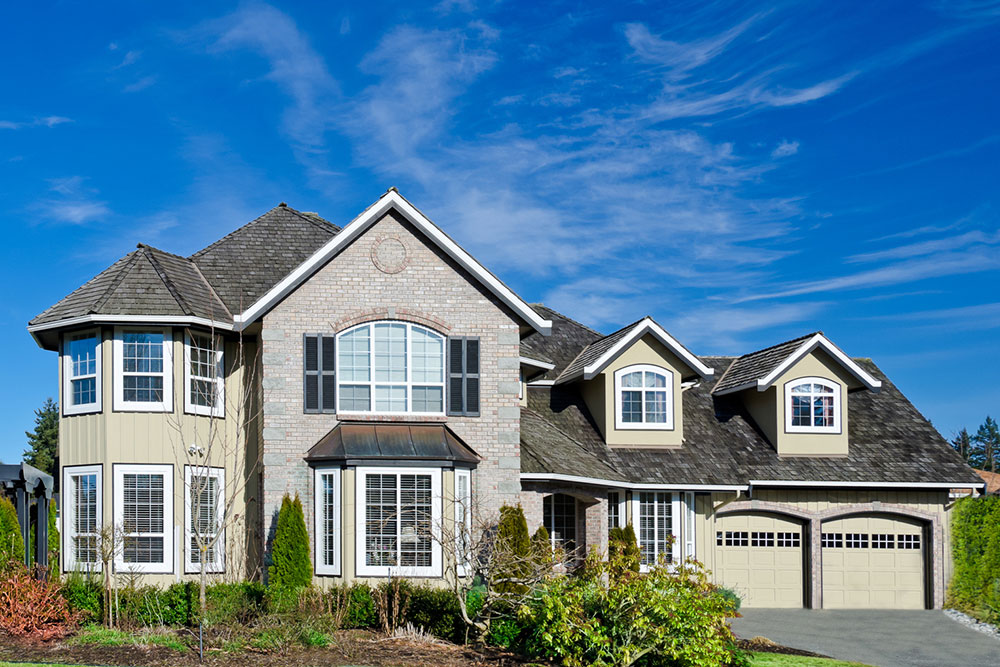A bank forecloses on a home for various reasons, including if one cannot pay the agreed mortgage amounts. The property is then sold to other individuals to recoup the investment. Buying this type of home is a perfect opportunity for someone to own their dream home, especially since the bank may sell it at a lower price to balance its losses. However, various things must be considered to ensure a smooth transaction, including avoiding these five mistakes.
1. Failing to get a home inspection done
A thorough check will reveal any issues with the property that the bank in charge of the sale is unaware of. Common problems include damage, intentional neglect by previous owners, foundation leaks and cracks, and electric and plumbing trouble. Therefore, an early inspection will help one notify the bank of these problems so they are resolved before the sale.
2. Neglecting local laws
The laws for buying a foreclosed home will differ from one state to another. Therefore, understanding local and federal laws in the region will help one better understand the legalities of purchasing a home. Neglecting local laws could result in one signing up for terms that will cost them a lot of money in the long run.
3. Choosing the first home
A common mistake people make is selecting the first foreclosed home they see and investing in it. However, while it may seem like the right choice, the region could have better properties. One should ensure they expand their search and compare multiple foreclosed homes before deciding.
4. Underestimating repair costs
A foreclosed home might sell for a lower price because it might require extensive repairs internally. One must ensure they account for all these expenses when purchasing a home. A buyer could consult various contractors to obtain an accurate estimate for repairs or upgrades. One should also keep an additional fund handy for unforeseen expenses following the sale.
5. Overlooking its location
While a foreclosed home might sell for a low price, overlooking its location could be an expensive mistake. The neighborhood and amenities could impact the property’s value. One should evaluate the schools in the area in terms of distance to essential services, safety, and future developmental plans. The buyer should also consider the resale value if they move to another neighborhood.

















